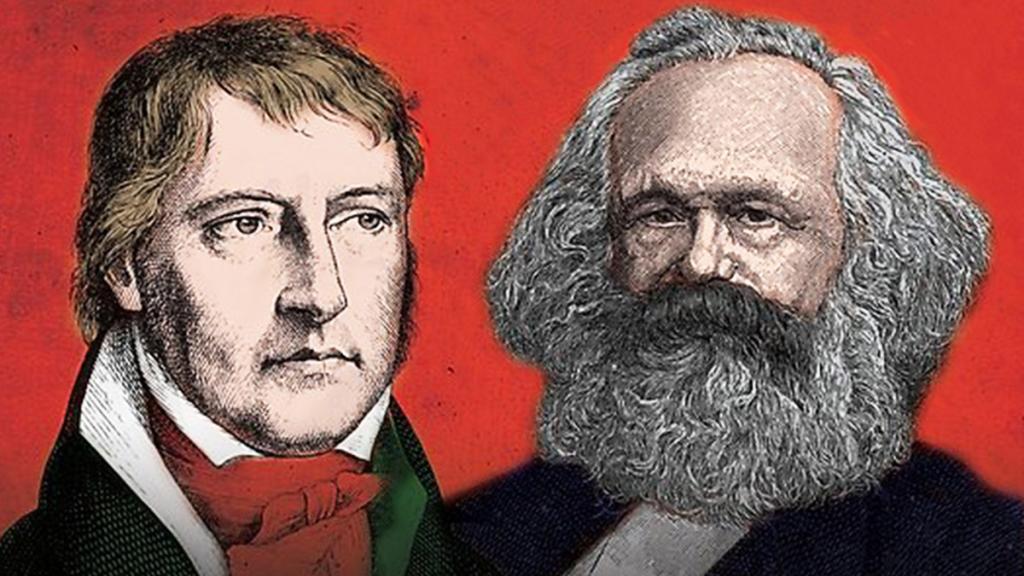How Hegelian was Marx? A contribution to the history of Marx and Young Hegelianism

Among the various reminiscences of Marx and Engels left by their friends and acquaintances there is an especially interesting account written in 1927 by a Russian socialist, A. M. Voden. He recalled meeting Engels in London, in 1893, and spending much time discussing Marx’s ideas and unpublished writings. Despite the fact that many decades had passed and that all anecdotes must be taken with a grain of salt, Voden’s story still contains much of interest. For example, he related that
When I asked whether Marx was ever a Hegelian in the strict sense of the word, Engels answered that the very thesis on the differences between Democritus and Epicurus allows us to state that at the very beginning of his literary career, Marx, who had completely mastered Hegel’s dialectical method and had not yet been obliged by the course of his studies to replace it by the materialist dialectical method, showed perfect independence of Hegel in the application of Hegel’s own dialectics, and that in the very sphere in which Hegel was strongest – the history of thought.
This is a terribly intriguing point. According to Voden’s testimony, Engels argued that from the very beginning Marx had not only mastered Hegel’s method, but applied it with a full independence; thus, he implied that Marx was already beyond, or moving beyond Hegel. This, of course, runs counter to the Soviet interpretation of so-called “Marxist Philosophy,” i.e. the mythical “dialectical materialism.”2 This view held that when Marx was young he was a Hegelian idealist and only later transitioned, thanks to Feuerbach, towards materialism.
Download a PDF of the article by clicking the link below.